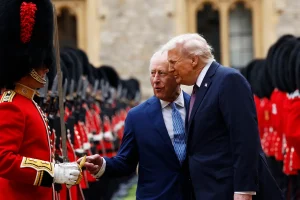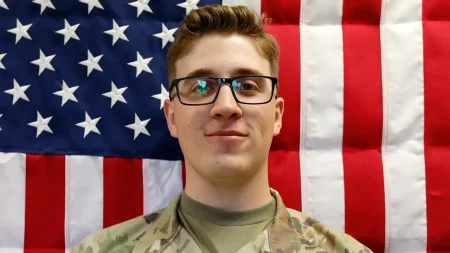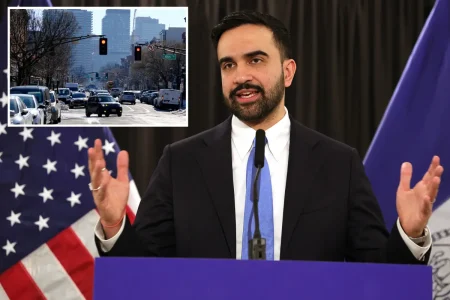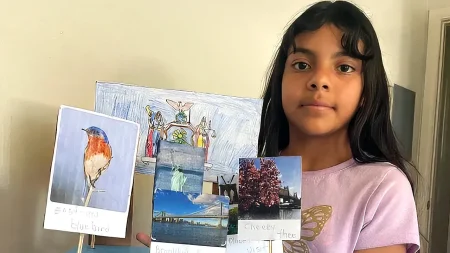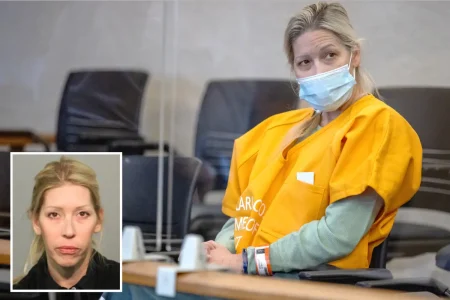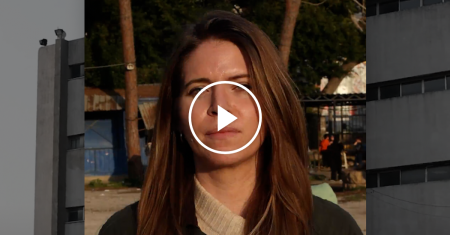The incident involving Matthew Huttle, a pardoned participant in the January 6th Capitol riot, underscores the complexities and ongoing consequences of that day’s events. Huttle’s fatal shooting during a traffic stop in Jasper County, Indiana, raises questions about the circumstances leading to the altercation and the use of lethal force. While preliminary reports indicate Huttle resisted arrest and possessed a firearm, a thorough investigation by the Indiana State Police is crucial to determine the precise sequence of events and whether the officer’s actions were justified. This incident serves as a stark reminder that the legal and personal ramifications of the Capitol riot continue to unfold, even for those who received presidential pardons.
Huttle’s pardon, granted by President Trump, had ostensibly offered him a reprieve from the legal consequences of his involvement in the Capitol breach. He had been sentenced to six months in federal prison and 12 months of supervised release following his conviction related to the riot. The pardon, however, did not erase the underlying events or the potential for future legal encounters. The traffic stop that ultimately led to his death highlights the fact that pardoned individuals are not immune from further legal scrutiny or the possibility of confrontations with law enforcement.
The circumstances surrounding the traffic stop and the ensuing altercation remain under investigation. According to the Jasper County Sheriff’s Department, Huttle resisted arrest, prompting an altercation with the officer that culminated in the shooting. The presence of a firearm on Huttle’s person adds another layer of complexity to the investigation, raising questions about whether he brandished the weapon or posed an immediate threat to the officer. The Indiana State Police are tasked with piecing together the sequence of events to determine whether the use of deadly force was warranted under the circumstances. This investigation holds significant weight, not only for determining legal accountability but also for ensuring public trust in law enforcement procedures.
The Jasper County Sheriff, Patrick Williamson, has emphasized the importance of transparency and due process in the investigation. By requesting the Indiana State Police to conduct the investigation, Sheriff Williamson aims to ensure an independent and objective assessment of the incident. The officer involved has been placed on paid administrative leave, a standard protocol in such cases, pending the outcome of the investigation. This step is crucial to maintain the integrity of the investigation and avoid any perception of bias. Furthermore, Sheriff Williamson has pledged to release the officer’s name once he receives approval from the State Police detectives, demonstrating a commitment to public accountability.
Huttle’s involvement in the January 6th Capitol riot adds another dimension to this tragic incident. While his pardon absolved him of the immediate legal consequences of his actions that day, it did not erase his participation in the event. The FBI’s investigation had placed him at the Capitol for several hours, including a period inside the building. His actions on that day, regardless of the pardon, remain a part of his history and may have contributed to the public perception surrounding this incident.
The investigation into Huttle’s death carries significant implications. It will determine whether the officer’s actions were legally justified and whether any departmental policies or procedures need to be reviewed. The findings will be submitted to the Jasper County Prosecutor’s Office, which will then decide whether to file any charges. The outcome of this investigation will not only impact the involved officer but also shape public perception of law enforcement conduct and the complexities of pardons in the context of the January 6th events. The case serves as a reminder of the enduring consequences of the Capitol riot, both for those who participated and for the broader social and political landscape.
